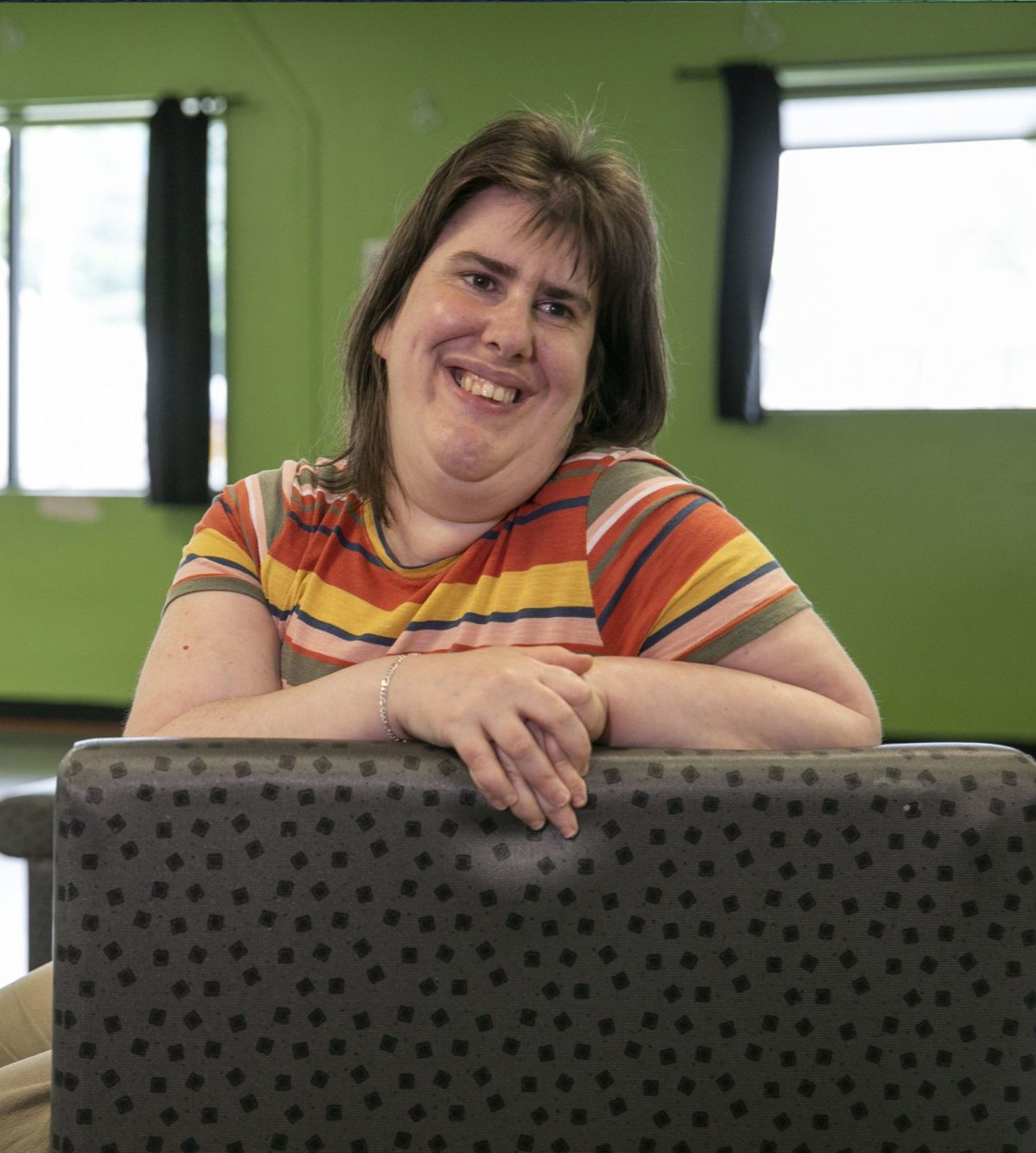MENTAL HEALTH, SOCIAL ISOLATION AND ADDICTION
Mental health is health
Mental health is vital to our overall health and well-being. Having positive mental health contributes to emotional, psychological, and social well-being at all stages of life. When individuals face obstacles such as unemployment, poverty, isolation and substance use disorders, overall mental health ultimately suffers. Stigma prevents many from seeking treatment, which can have devastating impacts on overall health, employment and relationships. Social isolation, poverty, and a shortage of accessible services make it difficult for people to seek the mental health support they need.
Social connectedness and a strong community build an important foundation for which individuals can experience equity and feel included. Without a sense of belonging and connection to your surroundings, social isolation can begin to take hold, affecting your health and your wealth. People who are socially isolated are at a higher risk of developing health problems, slipping into poverty and experience a higher rate of mental health challenges and mortality. For Niagara to continue to grow and succeed as community, it’s going to take all of us. That’s why United Way strives to leave no individual feeling isolated or excluded.
The Facts:
-
1 in 5 people in Canada will personally experience addiction, mental health problem or illness in any given year;
-
1 in 5 people in Niagara have experienced some form of social isolation.
-
Every month, we see more than 10 deaths by opioid overdose.
-
By age 40, about 50% of the population will have or have had a mental illness;
What are we doing about it?
United Way makes significant investments in programs and initiatives that support the mental well-being of the most vulnerable members of our community. We have continued to invest strategically to address these issues, responding to emerging needs in our community as they arise. By supporting programs that provide connection for seniors, increase social interactions, and provide critically important counselling and crisis support, we can help our community feel connected.
United Way Niagara strives to reduce barriers and promote wellness and help individuals become confident and empowered to cope with life’s challenges.
Last year, over ten thousand calls were made to crisis support lines in Niagara. Nearly over one thousand of those calls to the local 2-1-1 line came from individuals seeking mental health or addictions support. We recognize that this is an area of high need in Niagara, and that need is continuing to grow especially for our most isolated and vulnerable community members.

Meet Cindy
“As a person with an intellectual disability, it’s not always so easy for me to reach out. Yet, I know I have much to offer because I am sociable, friendly, and cheerful. It’s important for me to have friendships. I have to overcome other obstacles because of my diminished vision and partial paralysis, but I find ways to look after my personal needs. That is why I rely on United Way-supported programs. They help me with social interaction, learning and recreation. Since joining the program, I have gained more confidence. Before, I was too shy to ask for help. Today, I am learning to communicate with others, to say things in the right way and to apply my filters. It was tough during the pandemic, I felt isolated. United Way support means I can have more control over my life. Thank you for helping.”
